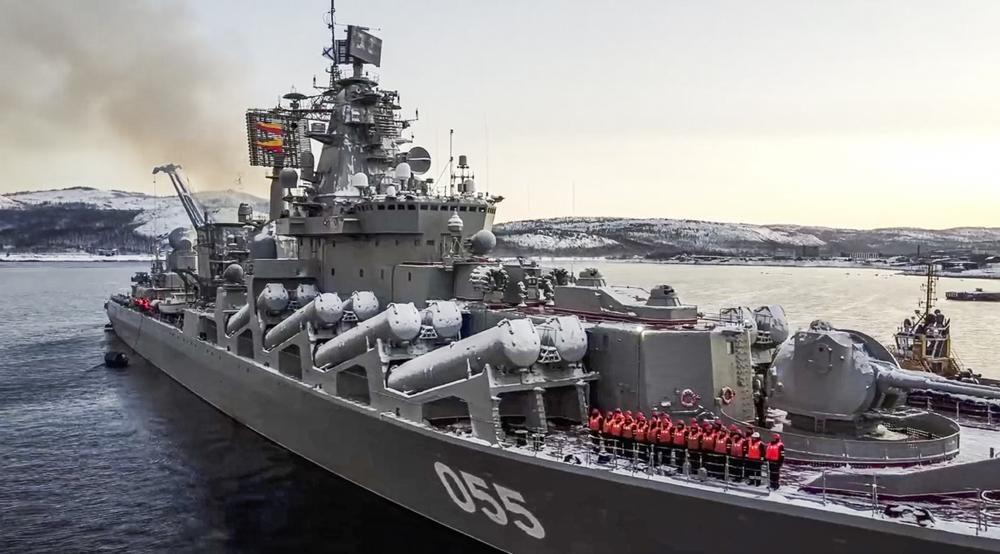
On Wednesday, the Biden administration and NATO told Russia that no concessions will be made to Moscow’s main demands in order to resolve the Ukraine crisis.
The US and NATO, in separately written responses to the Russians, reaffirmed the alliance’s open-door policy for membership, rejected a call to permanently bar Ukraine from joining, and stated that allied troop and military equipment deployments in Eastern Europe are unavoidable.
Secretary of State Antony Blinken stated, “There is no change, and there will be no change.” The US and European responses to any Russian invasion of Ukraine will also not be negotiated, he warned, repeating the refrain that any such intervention would be faced with tremendous consequences and significant economic costs.
The reactions were not surprising, and they echoed what senior US and NATO officials had been saying for weeks. Nonetheless, they, and the Russian response to them, could determine whether Europe is thrown into another war.
Russia has not yet responded, but Russian officials have warned that if the US and its allies reject its requests, Moscow will immediately take “retaliatory actions.”
The US response did outline areas in which some of Russia’s concerns might be addressed if tensions with Ukraine are de-escalated, as it sought possible off-ramps that would allow Russia to withdraw the estimated 100,000 troops it has deployed near Ukraine’s border without appearing to have lost a battle of wills.
Blinken told reporters in Washington that the contents of the several-page American dossier that was presented to the Russian Foreign Ministry by US Ambassador to Russia John Sullivan on Wednesday would not surprise Russia.
“All in all, it lays out a serious diplomatic course for the future.” “Should Russia decide to do so,” he said. “The document we’ve presented includes the United States’ and our allies’ and partners’ concerns about Russia’s actions that jeopardise security, as well as a principled and realistic assessment of Russia’s concerns and our own ideas for areas where we might be able to find common ground.”
In the coming days, Blinken said he intended to meet with Russian Foreign Minister Sergey Lavrov about the reaction. However, he emphasised that Russia, and notably Russian President Vladimir Putin, has the last say on whether to pursue dialogue or conflict.
He said, “We’ll see how they respond.” “However, there is no doubt in my mind that there are really constructive things in this text that might be explored if Russia approached this properly and in a spirit of reciprocity with a willingness to increase collective security for all of us.” That is a decision that we cannot make for President Putin.”
Shortly after Blinken’s remarks, NATO Secretary-General Jens Stoltenberg announced in Brussels that the alliance had delivered a different response to Russia, offering to strengthen communications, look into methods to minimise military incidents or mishaps, and talk about arms control.

Post Your Comments